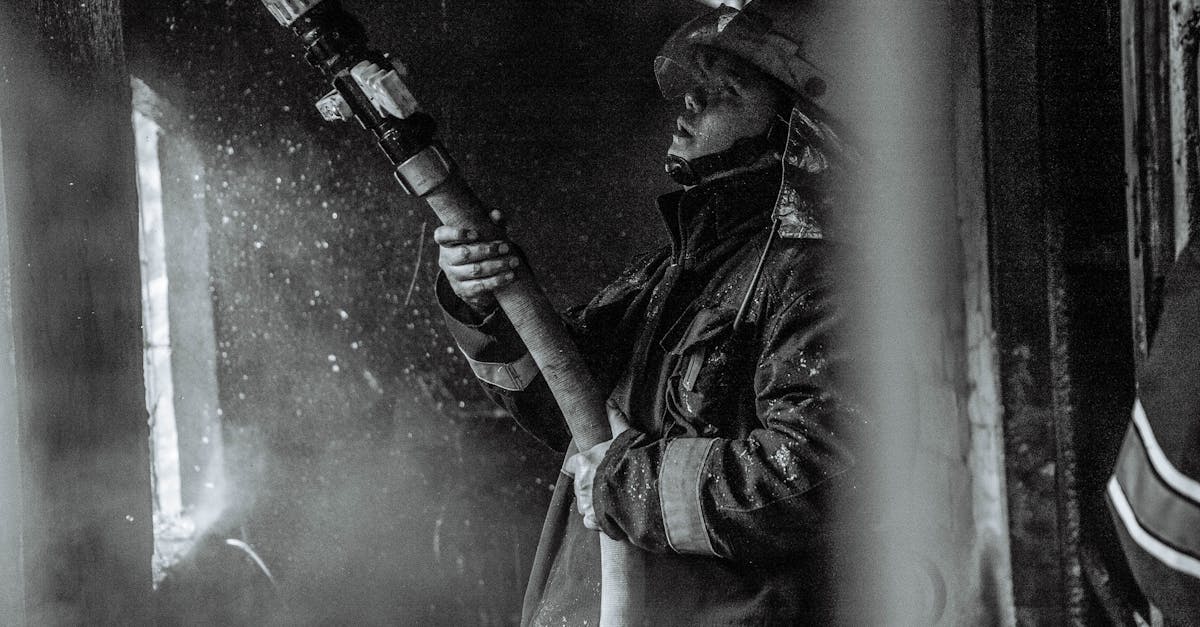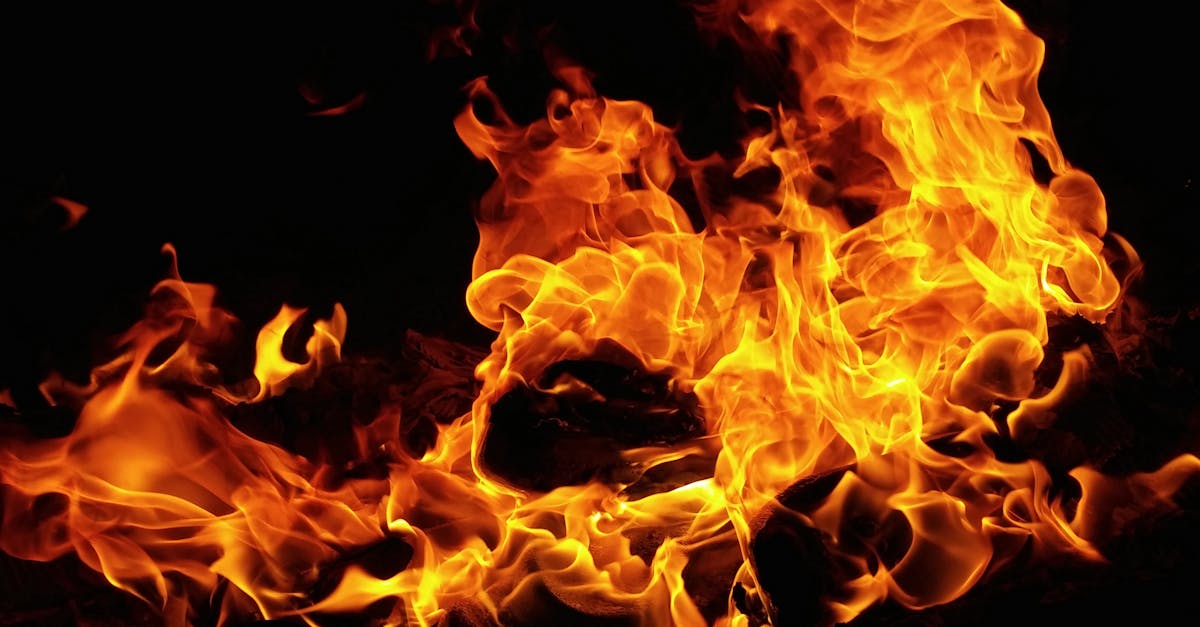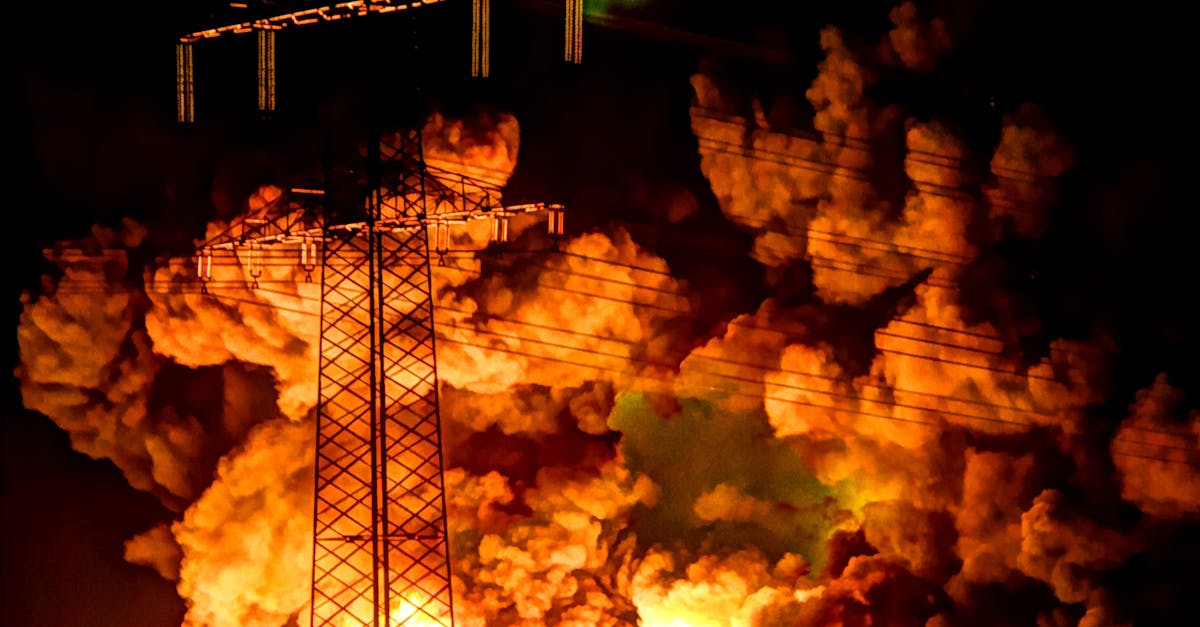
Table Of Contents
Leaking Water Heater
A leaking water heater is a clear sign that your hot water system may need to be replaced soon. Water pooling around the base or drips from the unit can indicate serious issues. Over time, sediment buildup can corrode the tank, leading to holes or cracks. Addressing leaks promptly is essential to prevent further damage to your home and ensure efficient operation of your water heater. Regular hot water system maintenance can help identify potential issues before they escalate.
Common causes of leaks include faulty connections, deteriorating seals, or damage from age. Inspecting your water heater for signs of corrosion or rust is important. If you notice a leak, it’s advisable to contact a professional before the situation worsens. Regular hot water system maintenance not only extends the life of your unit but also helps to catch problems early, potentially saving you from costly repairs or replacements down the line.
Common Causes of Leaks
Leaks in hot water systems can originate from various sources. Corrosion within the tank often leads to rust and eventually creates pinholes or cracks. Age is a significant factor; most water heaters have a lifespan of around ten to fifteen years. Additionally, temperature and pressure relief valves can malfunction, leading to excessive pressure buildup and leaks. Regular checks can help identify these issues early.
Another common cause of leaks involves loose or damaged connections. Over time, the fittings and seals on water lines may wear out or become loose, resulting in water seeping out. Sediment buildup in the tank can also contribute to leaks by causing pressure on the tank walls. Hot water system maintenance is essential to mitigate these risks and address minor maintenance issues before they escalate into serious problems.
Rising Energy Bills
A rise in energy bills often indicates that your hot water system is becoming inefficient. Over time, wear and tear can lead to a decline in performance. If you notice a significant increase in your utility costs without any changes in usage, it may signal that your heater is working harder than necessary to provide hot water.
Regular hot water system maintenance is essential for keeping efficiency levels high. Neglecting this upkeep can lead to larger problems and increased expenses. If your maintenance checks have been infrequent and your energy bills are on the rise, it might be time to evaluate whether a replacement is a more cost-effective solution in the long run.
Understanding Efficiency Loss
A decrease in the efficiency of your hot water system can result in significantly higher energy bills. When the system struggles to maintain optimal temperature or service demand, it may indicate underlying issues. Energy losses often stem from sediment buildup, insulation deterioration, or aging components. Regular “Hot Water System Maintenance” can mitigate these problems by ensuring that the system operates at peak efficiency, ultimately saving you money in the long run.
When you notice your unit taking longer to heat water or producing smaller amounts of hot water, it’s a clear sign that efficiency is waning. These issues can arise as systems age, leading to wear and tear on critical parts. Consistent “Hot Water System Maintenance” helps identify potential problems early, avoiding complete system failure. Addressing these concerns promptly can improve performance and extend the life of your water heater.
Inconsistent Hot Water Supply
Inconsistent hot water supply often signals issues within your water heater that require attention. Homeowners may notice fluctuations in water temperature or a lack of hot water during peak usage times. These irregularities can stem from sediment buildup in the tank, which insulates the heating elements and prevents efficient heating. Regular hot water system maintenance can help identify these problems early and prolong the lifespan of the unit.
Another factor contributing to inconsistent hot water delivery is a failing thermostat or heating element. If these components malfunction, they can lead to insufficient heating or uneven temperature regulation, resulting in cold showers when least expected. Monitoring patterns of hot water availability and seeking professional help when inconsistencies arise can guide homeowners in deciding whether a replacement is necessary. Prioritizing hot water system maintenance ensures a reliable supply of hot water throughout the household.
Patterns to Watch For
Inconsistent hot water supply can often be a sign that your hot water system is due for a replacement. When you notice fluctuations in water temperature or find that hot water is frequently running out, it may indicate that the unit is nearing the end of its lifespan. These patterns become particularly frustrating during peak usage times, such as morning showers or evening baths. Hot water system maintenance can sometimes address minor issues, but persistent irregularities often point toward deeper, systemic problems.
Another pattern to watch for is unusual noises emanating from the water heater. Sounds such as rumbling, popping, or banging may suggest sediment buildup within the tank, leading to decreased efficiency. While this can sometimes be resolved through cleaning, repeated occurrences indicate that the unit may not be operating as it should. Regular hot water system maintenance is essential, but if issues persist despite your efforts, it’s prudent to consider the possibility of replacement.
FAQS
How can I tell if my hot water heater is leaking?
Look for signs of water pooling around the base of the heater, corrosion or rust on the unit, or damp spots on the floor nearby. If you notice any of these signs, it may indicate a leak that requires attention.
What causes a hot water heater to leak?
Common causes of leaks include corrosion from age, faulty pressure relief valves, loose or damaged fittings, and sediment buildup that can cause internal damage to the tank.
Why are my energy bills rising?
Rising energy bills may indicate that your hot water system is losing efficiency. This can happen due to age, sediment buildup, or a malfunctioning thermostat, all of which can cause the unit to work harder and consume more energy.
How can I tell if my hot water system is inefficient?
Signs of inefficiency include higher than normal energy bills, inconsistent water temperatures, or the need to run the hot water longer to achieve the desired temperature.
What should I do if I experience inconsistent hot water supply?
If you notice fluctuations in your hot water supply, such as varying temperatures or periods of no hot water, it may indicate an issue with your hot water system. Consider consulting a professional to diagnose the problem and determine if a replacement is necessary.





























